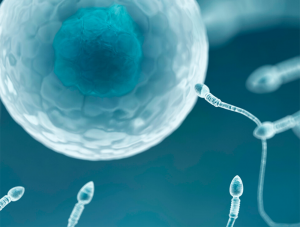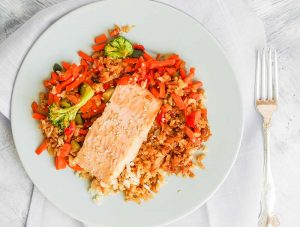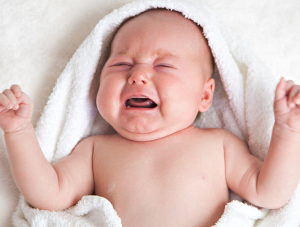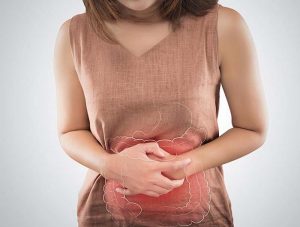Put your hand up if you are guilty of spending loads of money on training, food, supplements and magazines to improve your performance, but you’ve never seen a professional in sports nutrition to get the right advice for you and your individual sport and body composition.
Whether you’re a recreational exerciser or an athlete in training, the right fuel is the key to improving your performance goals. Poor nutrition around exercise can result in:
- Reduced endurance
- Poor concentration and decision making
- Skill errors
- Gut upsets
- Unsuitable body composition for performance
When to Eat?
Duration and intensity of your exercise will determine what you should eat, so it’s very individual. You should speak with an Accredited Sports Dietitian to get individual advice. I have been a dietitian for 20 years and have seen many fad diets and shakes go in and out of fashion.
The number of people I see who come into my clinic loaded up on protein shakes, high calorie energy drinks, pre-trainers and fat blasters is amazing. Unfortunately, most are just expensive accessories and there is little/no benefit. Many of my clients suck these down just before they go to the gym; in fact, research suggests that 71% of Aussies have tried or are using a shake prior to exercise.
1 in 3 people will end up gaining more weight because of these shakes. However, personally when I did my half iron man I found these energy drinks valuable as I was undertaking long endurance sets. Although now that I am back to doing sprint distance triathlons, I have had to give them away as there is little benefit for this kind of training, especially when I am trying to keep my weight down!
The point is not one size fits all!
When you should eat prior to and during exercise is very individual to your exercise regime. The purpose of nutrition around exercise is to maintain blood glucose levels to fuel your muscles and brain during exercise and to get the most out of your training session by sustaining intensity for longer. Check out these guidelines that I give to my clients in my sports clinic ensuring they are maximising their fuel.
- Exercise shorter than 60 minutes – no fuelling before or during required. Just fluid and eat normal healthy well-balanced meals containing protein and carbohydrates.
- Sessions 60-90 minutes – pending intensity may like to have a pre-training snack, but if you’re aiming for weight loss no refuelling during exercise is required. You should have enough storage of energy (glycogen) to complete a 60-90minute event. A healthy carbohydrate rich meal prior to training could be beneficial.
- Longer than ~90 minutes – topping up your fuel stores during the session is required. Having a low fat, low fibre meal within 2 hours prior to training is recommended.
- Ultra-endurance events longer than 4 hours – it is super essential that you refuel during these events or long training sets. Carbohydrate loading prior to the event is also recommended, pending your training set/race. Please speak with your dietitian about this.
What to Eat?
Firstly, you have to like what you eat… There’s no point eating foods that you hate… Finding foods that meet your personal needs and are nutritionally suitable is also important. Most of time I encourage my clients about the importance of carbohydrate foods to top up your fuel stores and give you energy during exercise. If the food is easy to digest and has a high glycaemic index you will get the energy you need straight away. Foods high in fat and fibre foods will slow the digestion a little and may cause gut upsets. If you are doing long sets it is important to practice and train with your nutrition so that you can optimise your diet before race day. It may make all the difference for your performance.
Here are some examples of snacks during exercise I recommend:
- Simple sweet sandwiches (e.g. jam, honey)
- Simple savoury sandwiches (e.g. peanut butter or vegemite)
- Bananas or any fruit
- Muesli bars
- Fruit buns
- Carbohydrate gels or Energy Sports bars





